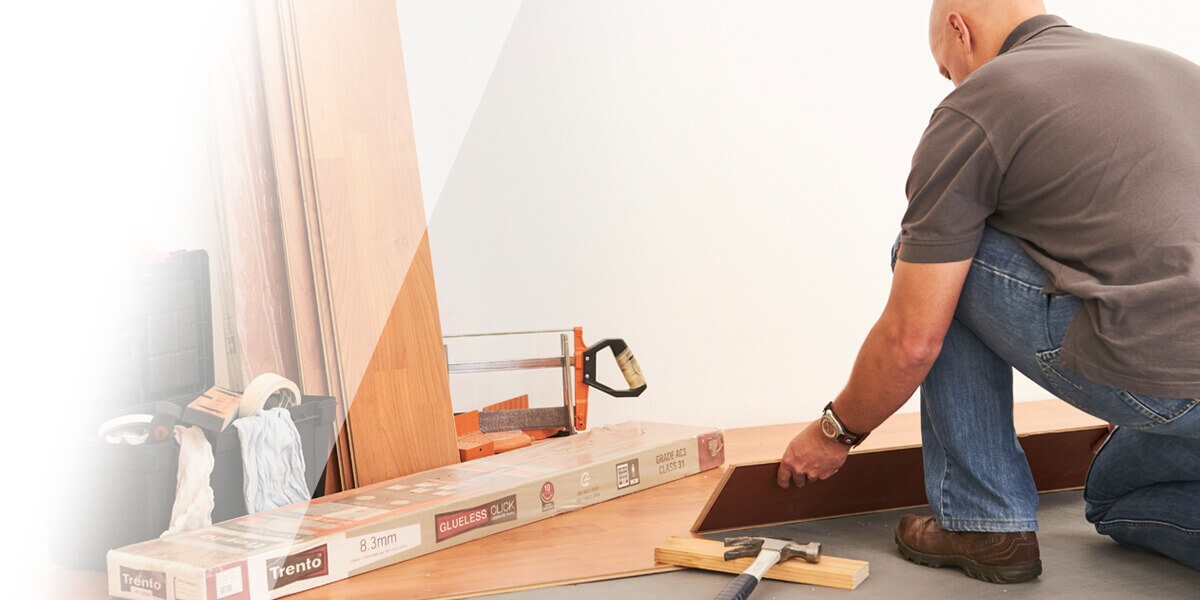Thinking ahead will often save you money. Last-minute decisions or leaving things until they become a crisis generally don’t. It’s why prepping your home for winter is usually time well invested.
While winter weather isn’t the same across South Africa – wet and windy in the Western Cape, dry and bitter in Gauteng – it’s cold just about everywhere.
DirectAxis spoke to some experts about how to prepare your home for winter. We asked that their tips had to be things that most home owners can implement without too much expertise.
Unsurprisingly, keeping out the cold topped the list.
How to insulate and make your home more energy efficient in winter:
Although insulating your home is a good idea anyway, doing so at a time when the electricity supply is under pressure is doubly beneficial. Not only will you save electricity, which is going to get more expensive, but it’ll be easier to keep warm if there is more load-shedding.
Check your doors and windows for draughts. It’s relatively easy to fit self-adhesive rubber seals to the bottom of doors which are letting cold air in. Alternatively, you can make or buy a sausage-dog draught-stopper to block the gap.
Do the same with windows. Repair glass that isn’t fitted properly or where putty or seals are damaged, fix windows that don’t seal and replace any worn or missing weather strips.
Although these seem like small steps, sustainability websites claim that you can lose up to 15% heat through draughty doors and 10% though unsealed windows.
Curtains are better than blinds for keeping out the cold and retaining heat. When there is a bit of warmth and sunlight you can keep them open to warm the house and close them at night to keep the warm air in.
Once you’ve finished at ground level move to the ceiling. If you don’t have insulation, consider getting some. It’ll keep you cool in summer and warm in winter. It’s not difficult to fit, but if you have doubts about your DIY abilities, call in the experts. Every house differs, but expert opinion holds that an average house will lose about 25% of heat through the roof.
While you’re up there, check if you have a geyser blanket. Heating water requires a lot of energy, up to 40% of household electricity usage, so insulating your geyser will save you money in the long run. Geyser blankets aren’t very expensive, around R300 on average.
Winter home safety tips and how to weatherproof your home for winter:
Clear your gutters
When you’ve finished insulating the inside of your house, check the outside.
If you live in a winter rainfall area, clear your gutters of leaves and other debris. Water in clogged gutters can break the brackets that support them. The water also needs to go somewhere. If you’re lucky it will pour harmlessly over the side, hopefully not above an entrance. If not, it can blow up under the tiles and damage ceilings and fittings.
While you’re up there look for loose, broken or missing tiles or ridge tiles. These can cause leaks or allow wind in, potentially causing more damage. Also check that seals around chimneys or other fittings such as skylights are intact.
Prepare for tree felling
Take a walk around to see if there are any trees that might blow over or branches that could break and damage the house or installations such as satellite dishes. You may be able to trim them yourself, but if the tree is too big, you don’t have the right equipment or aren’t sure about what you’re doing, it’s best to get in a professional. Bear in mind some indigenous trees are protected, so if you’re not sure ask an expert.
Safely store away garden furniture
Pack away or cover garden or stoep furniture that you aren’t going to use. Winter weather can damage wooden and metal furniture and even plastic perishes when exposed to the elements. If you live in a region prone to high winter winds, consider that outdoor furniture which gets blown around could be destroyed and can also damage anything it hits.
Upgrade outdoor lighting
While you’re looking around outside, check the lighting. It gets darker earlier in winter, so this is a sensible security precaution. Well-lit paths and approaches will help deter criminals. There’s also the practical benefit that it will prevent you or any of your family or friends from tripping and falling in the dark.
Thinking ahead and spending a little on some basic household maintenance will save money in the long run. Small improvements to your home will also help retain or even increase its market value.
